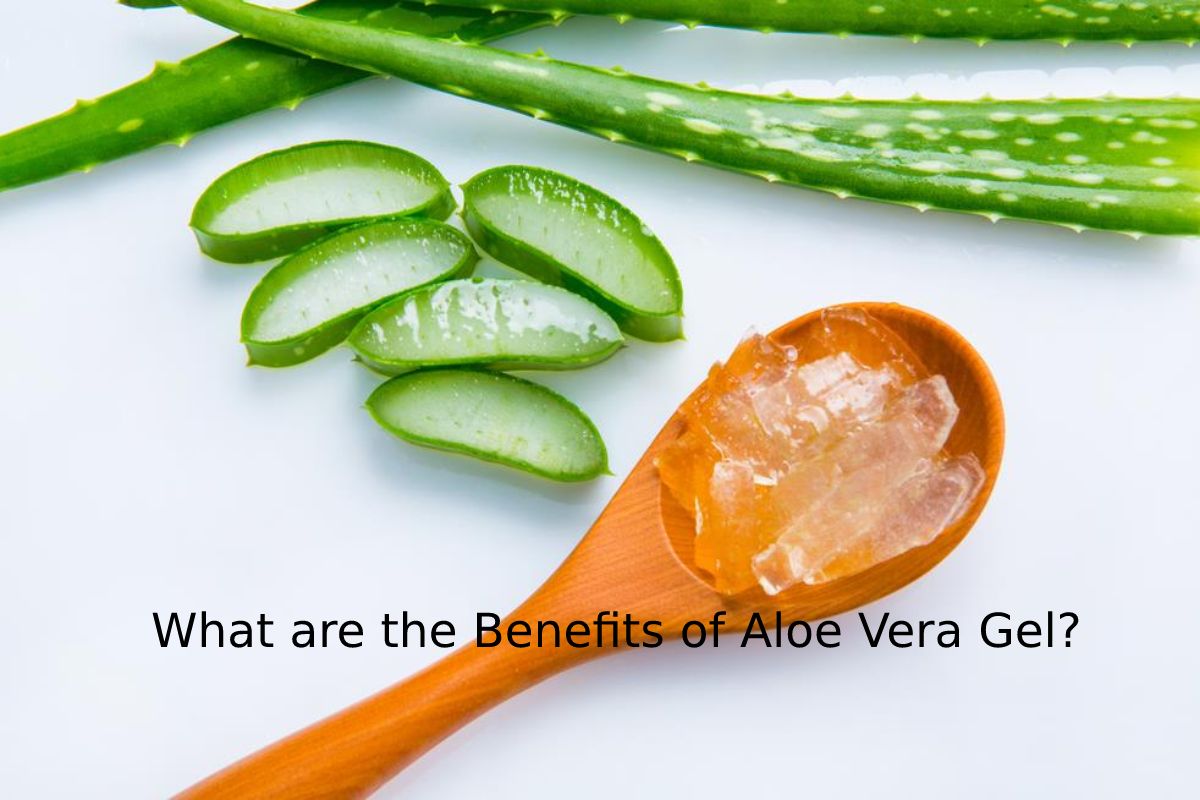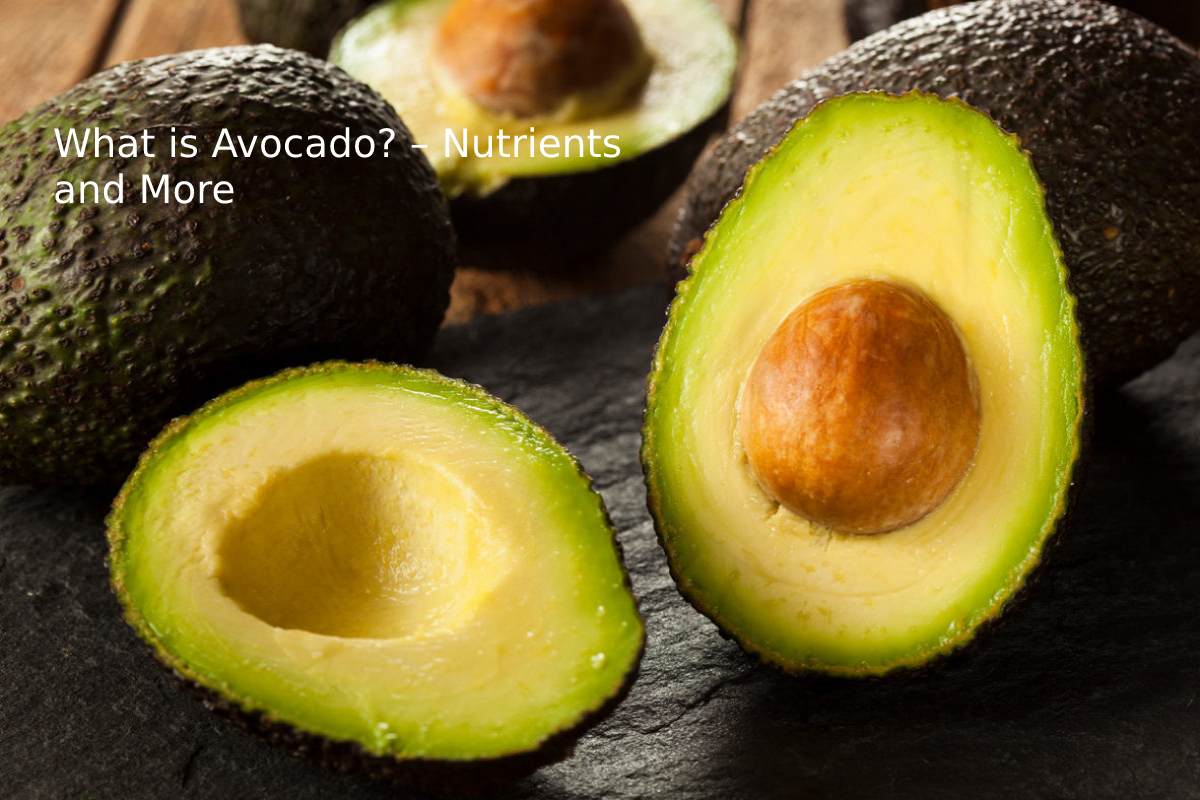Plant Sterols and also called phytosterols, are natural extracts found naturally in small amounts in many natural foods in our daily lives, such as fruits, vegetables, vegetables, and vegetable oils, nuts, and grains.
Table of Contents
Why Can They Help Lower Cholesterol?
Phytosterols are similar in construction to cholesterol, but the human body cannot absorb them. Indeed, when these substances ingest as part of a normal diet. And also phytosterols delay the interest of cholesterol in the human intestine, causing a decrease in blood cholesterol concentrations.
Are they effective?
In numerous studies, in which part of the fat in the diet was replaced by plant sterols at a dose of about 2 grams per day. It reduction in LDL cholesterol between 10 and 15% was obtained. Therefore, eating around 2 grams per day of plant sterols with a healthy diet can be an effective method to help lower high cholesterol levels. Remember that foods enriched with plant sterols or stenos also provide kilocalories. Therefore, to compensate for them, it is necessary to restrict them to other foods.
Does Our Diet Provide Enough Phytosterols To Lower Cholesterol?
The daily intake of phytosterols varies widely in the population, depending on the type and amount of plant foods consumed. The usual intake of sterols in a normal diet is around 100 to 300 mg per day. Vegetarians have a higher intake (300 to 500 mg). However, the typical daily intake is insufficient to produce a significant cholesterol-lowering effect.
We Take More Phytosterols, Will We Get More Benefits
Consuming extra than 3 grams of plant sterols per day does not provide an additional reduction. And also in cholesterol and should therefore avoided.
The Consumption Of Plant Sterols Indicated For Everyone
Products fortified with plant sterols or stenos may not nutritionally suitable for pregnant .And also breastfeeding females and children under 5 years of age.
The Same Reduction In Cholesterol Observed In Everyone?
People are different, so lowering cholesterol depends on family history, as well as factors that influence diet and lifestyle.
What Are Foods Fortifies With Phytosterols
Plant sterols extracted from plants cannot easily add to foods. On the other hand, if it is esterify with fatty acids.it esterify plant sterol is form which can incorporate without difficulty in the diet .And also (in particular in the fatty part such margarine, milk, or yogurt),
Daily eating of 2 grams of plant sterols produces an inhibition of the intestinal absorption of cholesterol. It reduces the plasma concentration of LDL-C (cholesterol associated with low-density lipoproteins). And also by about 10%, which determine. it incorporation in different food products. It like margarine or dairy products. Plant sterols develop their activities in the intestine, where they interfere with the absorption of cholesterol. It increasing its elimination through the stool.
In clinical practice, the use of functional foods with plant sterols at recommend can consider an assistant to lifestyle modifications in individuals with hypercholesterolemia and low .It overall cardiovascular risk, but who do not require treatment.
It pharmacologic for lowering cholesterol it in those patients who receive pharmacologic treatment with lipid-lowering drugs .And also who do not meet the therapeutic goals of LDL-C. The cholesterol-lowering effect of plant sterols is in addition to that obtain with lifestyle changes and/or other lipid-lowering drugs. It Co-administration with statins produces a cholesterol-lowering it effect which is generally greater .And also than obtain when the dose of the statin is double.
Daily eating of 2 grams of it produces an inhibition of the intestinal absorption of cholesterol and reduces the plasma
In clinical practice, the use of functional foods with plant sterols at the recommended doses
Also Read: Wool Fabric: characteristics and uses of this fabric










